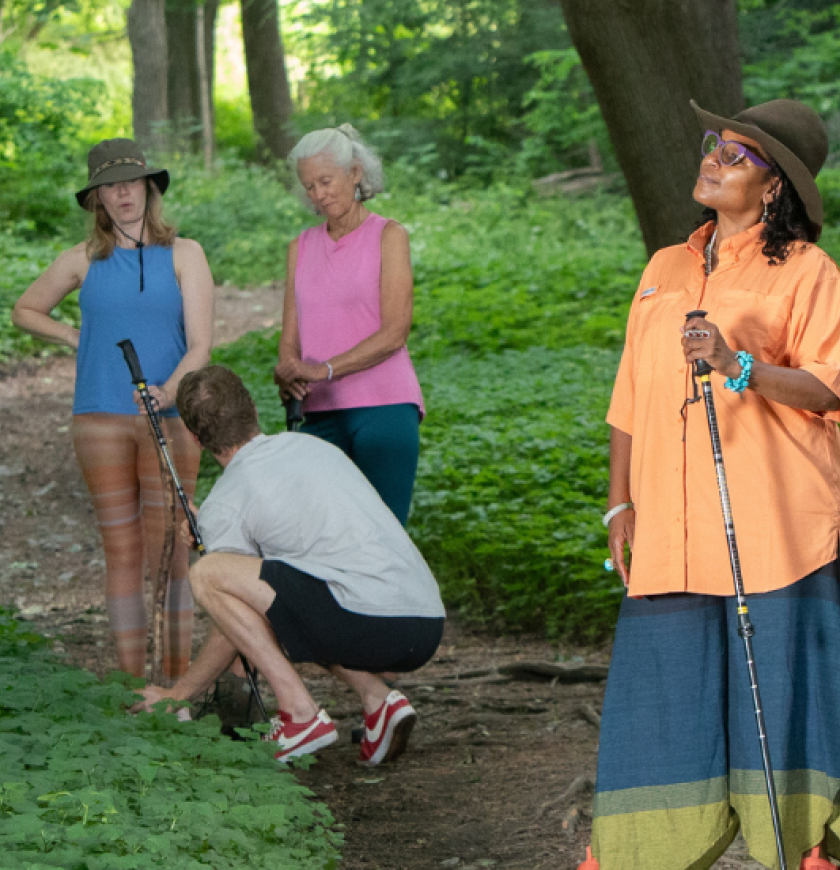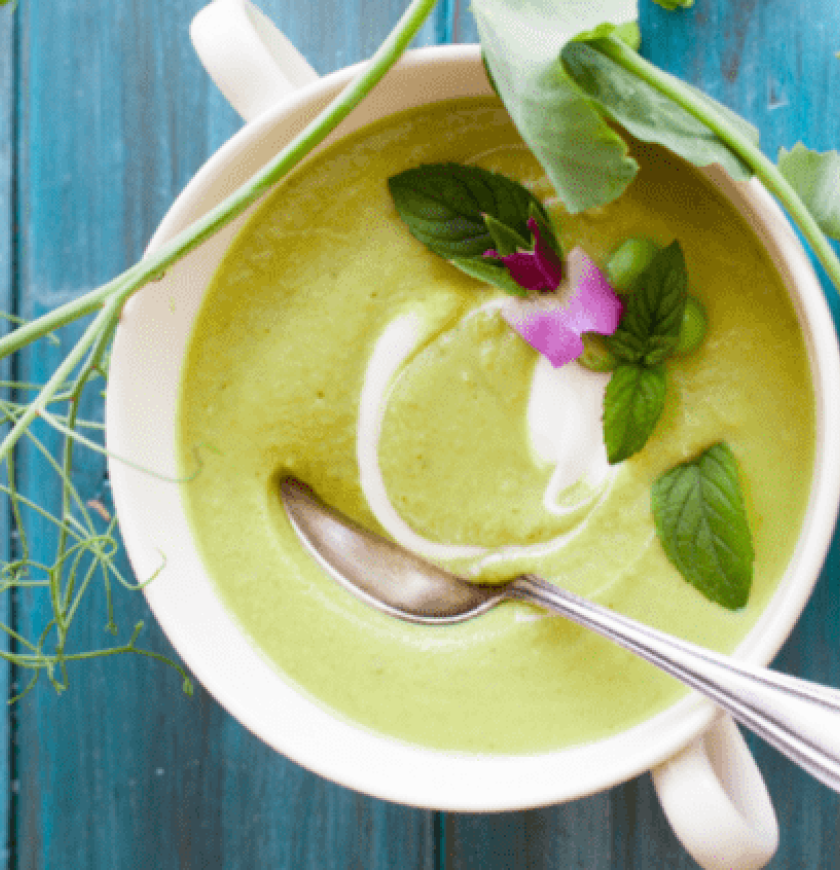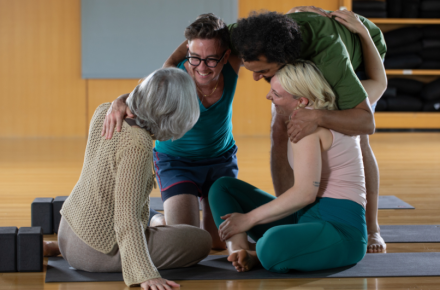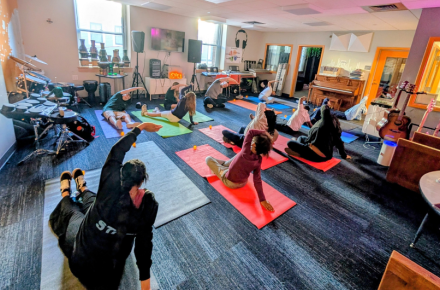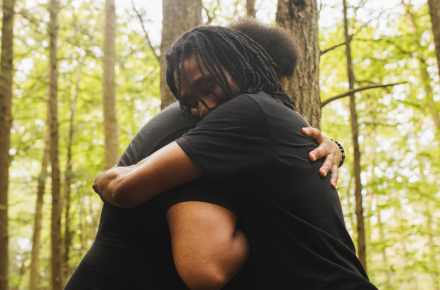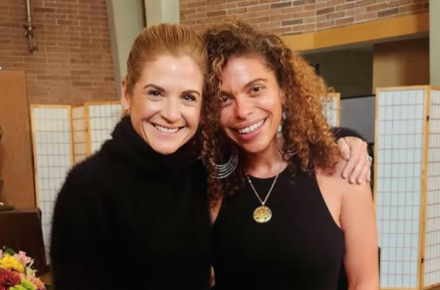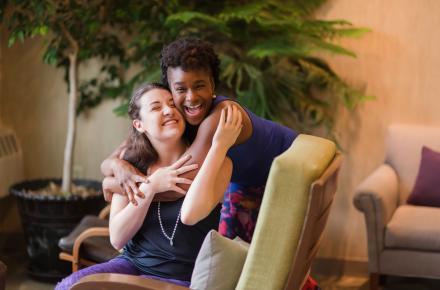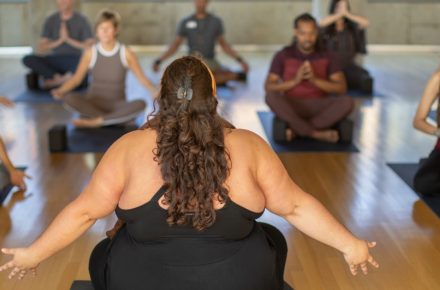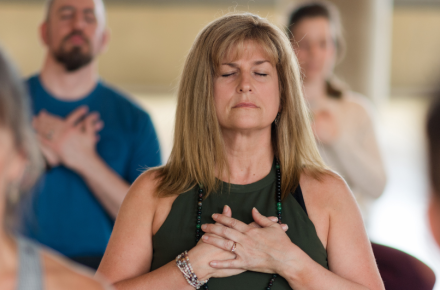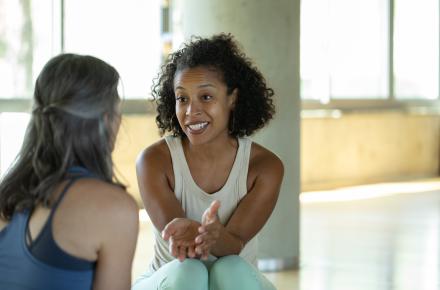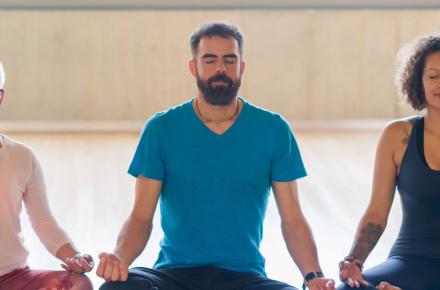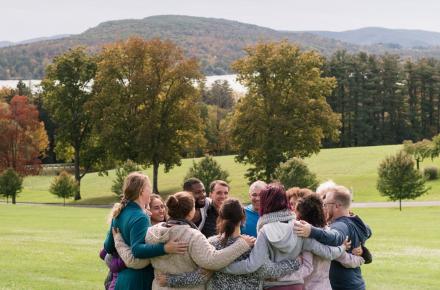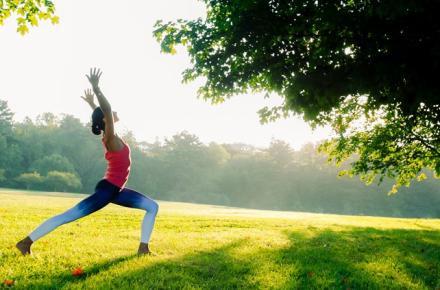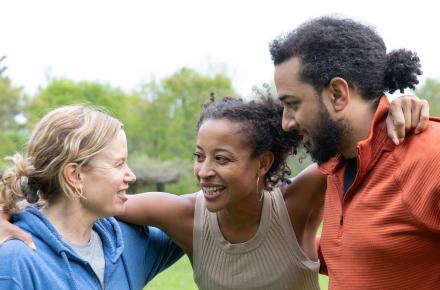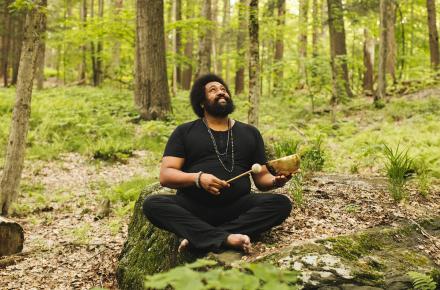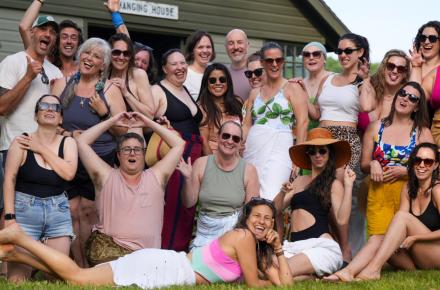How’s Your Relationship Fitness?

Look around and you’ll see people—maybe even yourself—working on their physical fitness. But when was the last time you saw, or heard about, someone working to improve his or her relationship fitness?
Relationship fitness is a couple’s ability to grow stronger because of, not despite, challenges. It entails making daily gestures toward the relationship, and carving out time for one another. It’s about being in shape love-wise.
Most people say that their relationship with the significant person in their life is the most important thing to them. Yet few of them spend any time improving these relationships and, like muscles, relationships need to be stimulated and challenged in order to grow and be flexible. You have a better chance at maintaining a long-term relationship if you tune up your relationship on a regular basis.
The most resilient or fit relationships are those that approach a challenge from a unified or team perspective, what we call “we-ness.” Fit relationships are based on empathy, compassion, respect, and positivity. Fit couples give their relationship priority, show a willingness to be vulnerable and make efforts to find shared meaning in each challenge they face.
How do you go about building up and improving your closest relationship? Here are key strategies we’ve learned from talking with hundreds of couples facing stressors, like a cancer diagnosis, job loss, relocation, or the illness of a child.
- Begin and end the day with a positive, loving gesture toward each another.
- Approach daily misunderstandings like a muscle sprain, something that requires immediate attention in order to avoid more serious injury.
- Share your own feelings using “I” statements—“I feel frustrated that I can’t go with you Saturday.” Respond empathically to your partner’s vulnerable feelings—“I understand how hard that would be for you.”
- Send distress signals to your partner, ask for help when you need it, and thankfully accept the help offered.
- During all of the uneventful, non-stressful times, offer kind words, hugs, help with daily tasks, and other support.
- Regularly get out of your comfort zone; try something new together.
Every gesture that improves the greater We replenishes the well from which both partners drink. It is a win-win for both individual and couple fitness.
Three Resilience Boosters for Couples
Gratitude Lists: Make a list of all the things you are grateful for and add to it weekly. Exchange lists with your spouse and talk about them on a regular basis.
Pleasure Breaks: Find one thing that brings you pleasure and do it daily. Identity a pleasure you and your spouse share; plan a way to do it weekly.
Signature Strengths: Visit viacharacter.org and identity your signature strengths. Have your spouse do the same. Then plan a night together in which each of you use your highest strengths.
Find out about upcoming couples programs with Karen Skerrett at Kripalu.
Get a free preview of Couple Resilience, edited by Karen Skerrett and Karen Fergus.

